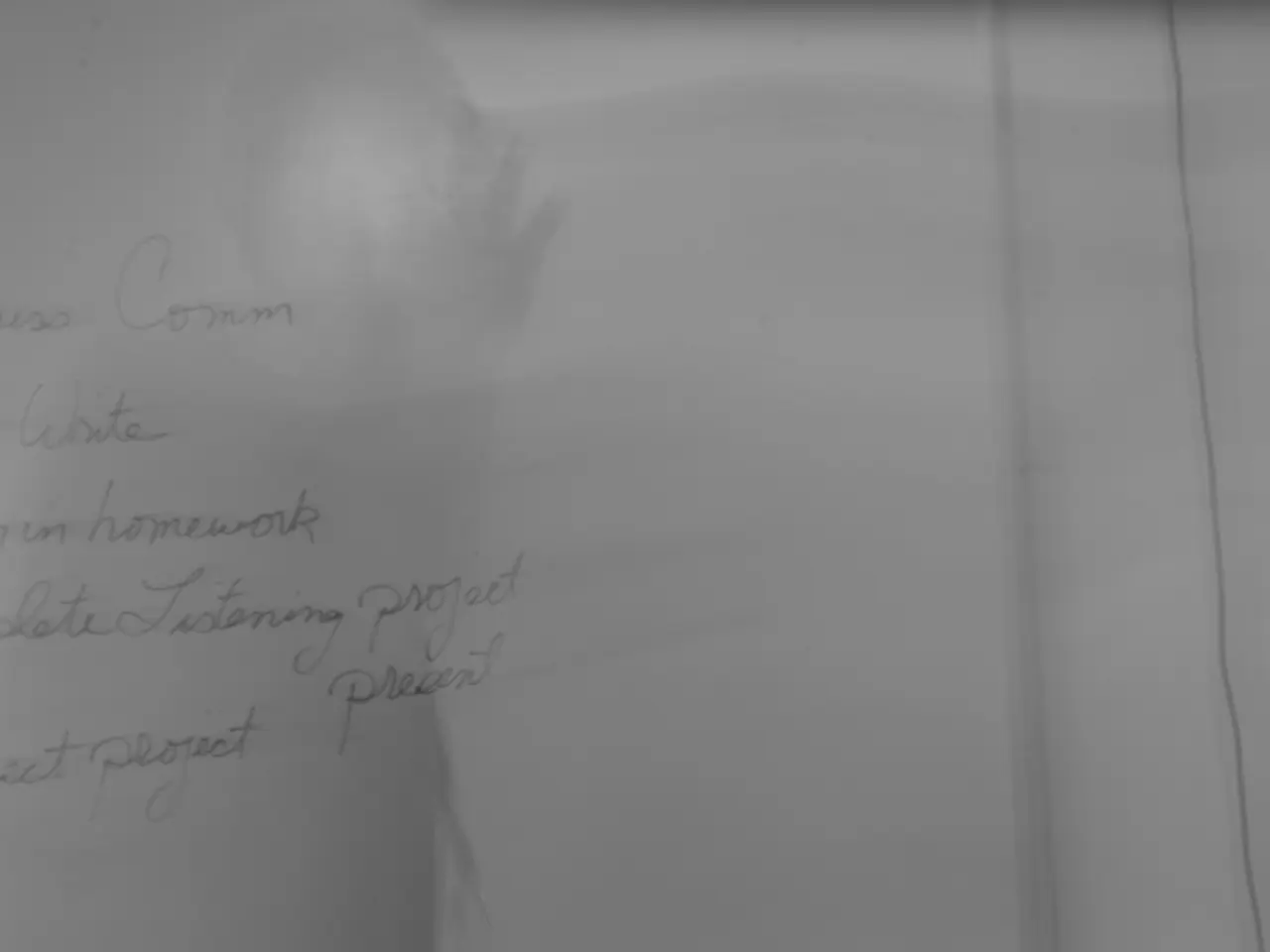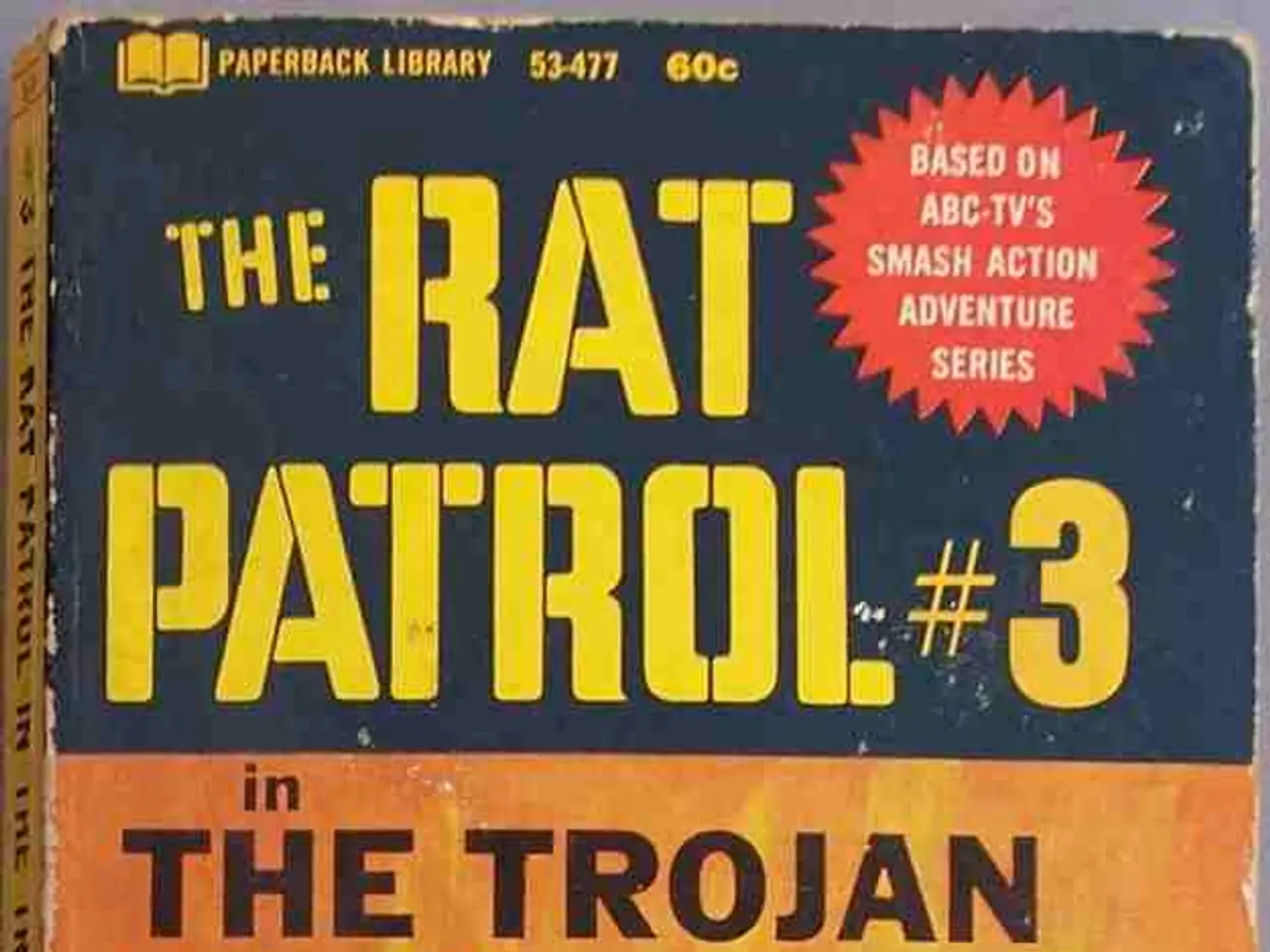Unanticipated Gambling Provisions Slip Past Key Senators Controlling Spending Legislation
The Fair Accounting for Income Realized from Betting Earnings Taxation Act (FAIR BET Act) has been proposed to repeal a controversial provision in the One Big Beautiful Bill Act (OBBBA), which limits the gambling loss deduction for taxpayers.
The FAIR BET Act, introduced by Rep. Dina Titus (D-Nev.) and others, aims to restore the ability of taxpayers to deduct 100% of their gambling losses against their gambling winnings. This is in response to the OBBBA provision, which, starting in 2026, limits the deduction to only 90%.
The 90% cap has been widely criticized as unfair, particularly to recreational and professional gamblers, who could face higher tax bills despite losing money overall. Under the new rule, if a gambler wins $1 million but loses $1 million in the same year, they would still owe taxes on $100,000—the amount that is no longer deductible.
Rep. Titus, chair of the Congressional Gaming Caucus, stated that the FAIR BET Act would “bring fairness back to gaming taxation, making sure that gamblers can fully deduct losses when they report their winnings.” The bill has bipartisan support, with lawmakers including Rep. Ro Khanna (D-CA) and Rep. Troy Nehls (R-TX) backing the proposal.
However, efforts to repeal the OBBBA provision have so far been blocked in the Senate. Rep. Titus has expressed concerns that the amendment could push people to not report their winnings and use unregulated platforms. She described the amendment as both "punitive" and "unfair."
The gambling amendment was not present in the original House version of the bill but appeared in the final conference report after negotiations between the House and Senate. Sen. Mike Crapo (R-Idaho), who introduced the gambling amendment, previously opposed casino-style gambling as a state legislator in Idaho.
Many lawmakers have expressed surprise at finding this provision in the act. Sen. Chuck Grassley (R-Iowa) and Sen. John Cornyn (R-Texas), who were on the Senate Finance Committee, which worked on the tax provisions of the omnibus bill, confirmed they were also surprised to learn that the provision existed. Sen. Cornyn admitted he did not know anything about the provision or what it does.
The gambling amendment is estimated to generate $1.1 billion in tax revenues over eight years. If passed, the FAIR BET Act would repeal this provision and restore the previous tax treatment for gamblers.
- Rep. Dina Titus, along with other legislators, has proposed the FAIR BET Act to repeal a provision in the One Big Beautiful Bill Act that limits the gambling loss deduction for taxpayers.
- The FAIR BET Act aims to restore the ability of taxpayers to fully deduct their gambling losses against their gambling winnings, in response to the limit imposed by the OBBBA.
- The 90% cap on gambling loss deductions has been criticized for being unfair, particularly towards recreational and professional gamblers who may face higher tax bills despite losing money overall under the new rules.
- Sen. Mike Crapo, who introduced the gambling amendment that introduced the 90% cap, previously opposed casino-style gambling as a state legislator in Idaho.
- If passed, the FAIR BET Act would repeal the provision added by Sen. Crapo, restoring the previous tax treatment for gamblers and potentially affecting general news related to casino-and-gambling policy-and-legislation and politics.




